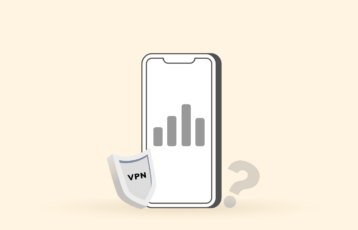A stream of supposedly free things keeps flowing on the internet. One of the latest ones is the free VPN. They have great marketing campaigns; they claim they’re as good as the best-paid ones. So why not use them? To have all the power a great VPN affords you for nothing? Except they’re not free. As with Gmail, Yahoo, and other “free” things, you will pay for your VPN with something other than money. Let us tell you what that will be: you.
So here’s a new granddaddy’s maxim for the brave new digital world: whenever you’re not paying for something with money on the internet, you are the product that’s on sale. But the question arises: Do free VPNs sell information? And that’s why free VPNs are not the neat idea they purport to be. Here, we will tell you how free VPNs sell your information to make money. But before diving into the perils of free VPNs, let’s start by reviewing the basics.
What is a VPN? What does it do, and why would you need one?
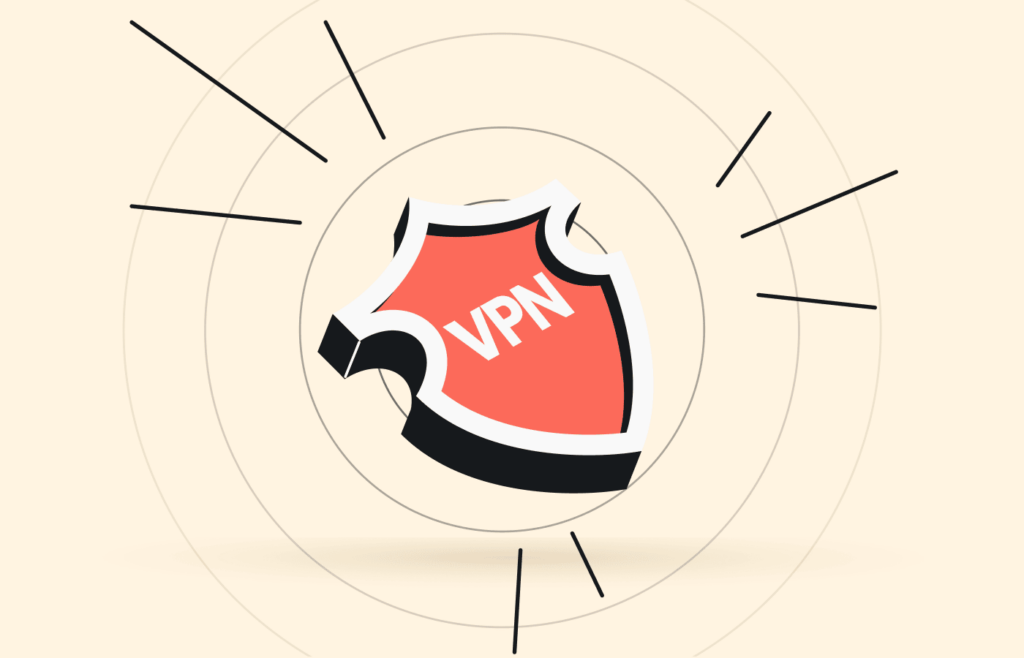
A Virtual Private Network (VPN) is a digital service that performs two operations on your behalf.
Firstly, it will encrypt all the incoming and outgoing traffic from the device you have connected to the VPN server.
Secondly, it will spoof the IP address, showing the world an IP address taken from the VPN network as if it were yours. These two neat little tricks ensure that no third party can make sense of your traffic and that every computer you interact with on the internet doesn’t know where you are; they assume you’re in the VPN server’s location because that’s the IP address they see.
So, if you are on a VPN, nobody can see what you’re doing or know where you are, right? Wrong. Your VPN server knows. That is the critical link in the chain; if you can trust your VPN, everything is all right. But what happens if you don’t? And what’s the deal with free VPNs? Can you trust them?
A top-notch VPN can cost you about a hundred USD yearly, depending on your choice’s vendor. So free VPNs look like a sweet deal. They seem like they’re here to save the day out of the kindness of their hearts.
However, free VPNs are not in business out of compassion. They are businesses, and they’re around to make a profit–by selling you out.
Data privacy and free VPNs
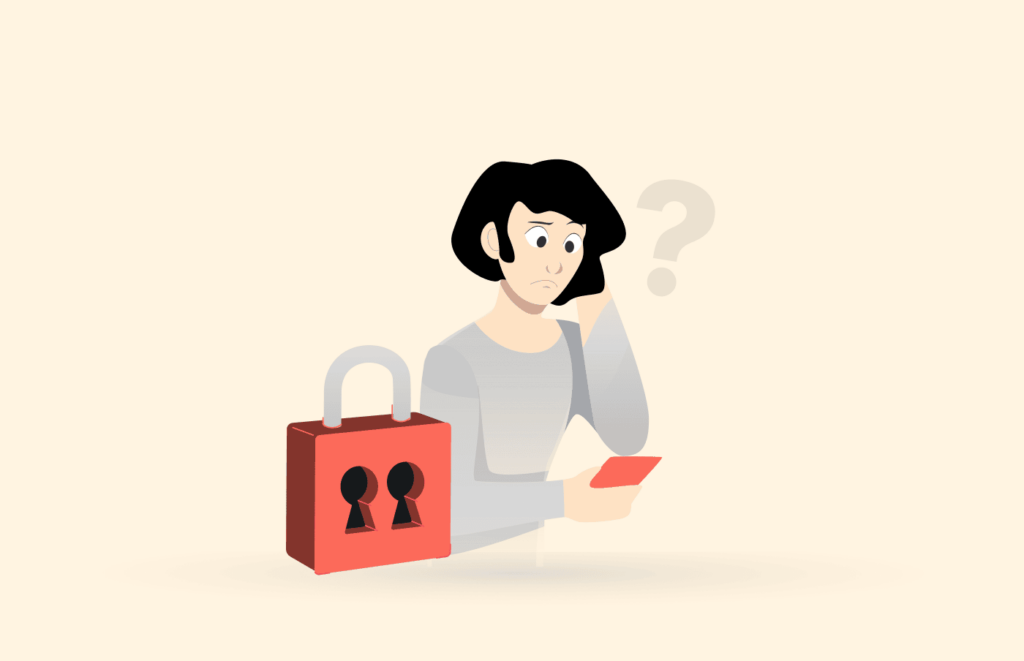
Ok, so Gmail scans your emails to determine your buying potential. But do they sell that information to anybody else? As far as we know, Gmail doesn’t share the profile it has on you with anybody else. It’s just happy to use it for its purpose. But is every other “free” service respectful to the data you provide? In the case of free VPNs, do they sell your information?
The answer is, unfortunately, yes. It’s not a secret, and while free VPNs don’t publicize it loudly, they provide you with that information in their terms and conditions of service. But you have to read all the small printing.
Every time you connect to an accessible VPN server, your traffic will pass through it. And your activity will be recorded in logs and stored. Those logs are then sold to the VPN’s commercial partner, most commonly advertisers. And it all happens with your consent because you agree to the VPN’s terms by using it.
So whenever you use a free VPN, your data is not safe or private. These companies will sell their logs to whoever will pay for them. Yes, most commonly, those are advertisers. But how can you tell that other malicious actors won’t buy the record that includes your data?
The whole point of using a VPN is to ensure you can be online with complete privacy, anonymity, and security. Using a VPN that will log everything you do to sell away defeats that purpose, even if it’s through the backdoor.
Why would anyone buy data from free VPNs?
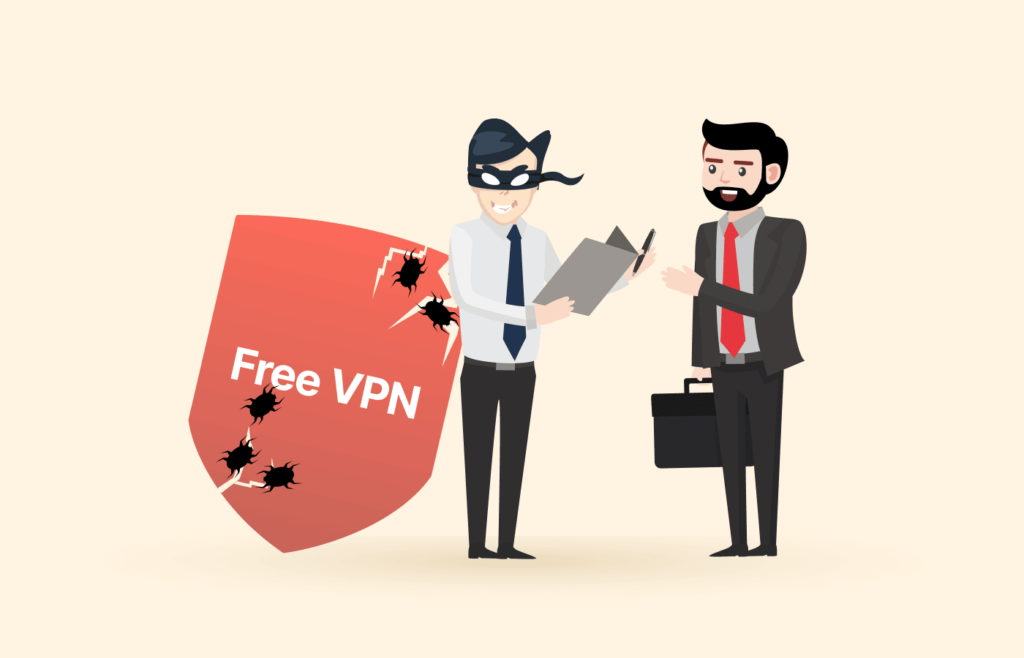
Your online information is valuable to the persons or companies that know how to mine it for gold. Therefore, you must understand that even those seemingly trivial daily activities you perform on your phone or computer are valuable in their market.
Let’s consider the case of Facebook. It bought Onavo 2013, which was a VPN provider. It was a 200 million USD acquisition. Facebook tried to whitewash this transaction by talking about protecting user data. But, in reality, Facebook kept logs on every user by logging shopping histories, preferences and interests, location, and website visits. Then, they sold the records to external parties who could use them however they wished.
When privacy-savvy users discovered what Onavo was doing for Facebook, they denounced the company as a spyware provider that violated user privacy instead of ensuring it. As a result, a backlash led to Facebook retiring Onavo from the iOS App Store in August 2018, then from the Google Play Store in February 2019.
If you have difficulty believing that free VPN vendors could be so cynical, you don’t need to take our word for it (although it would save you a lot of time and effort). Instead, find your favorite free VPN and read the terms of use and service. It’s all there, clearly laid out in black and white. You’ll find that selling user logs is the dominant business model in this market. Almost everybody does it, and you agree with their behavior every time you connect.
Some free VPNs that sell user logs and other information
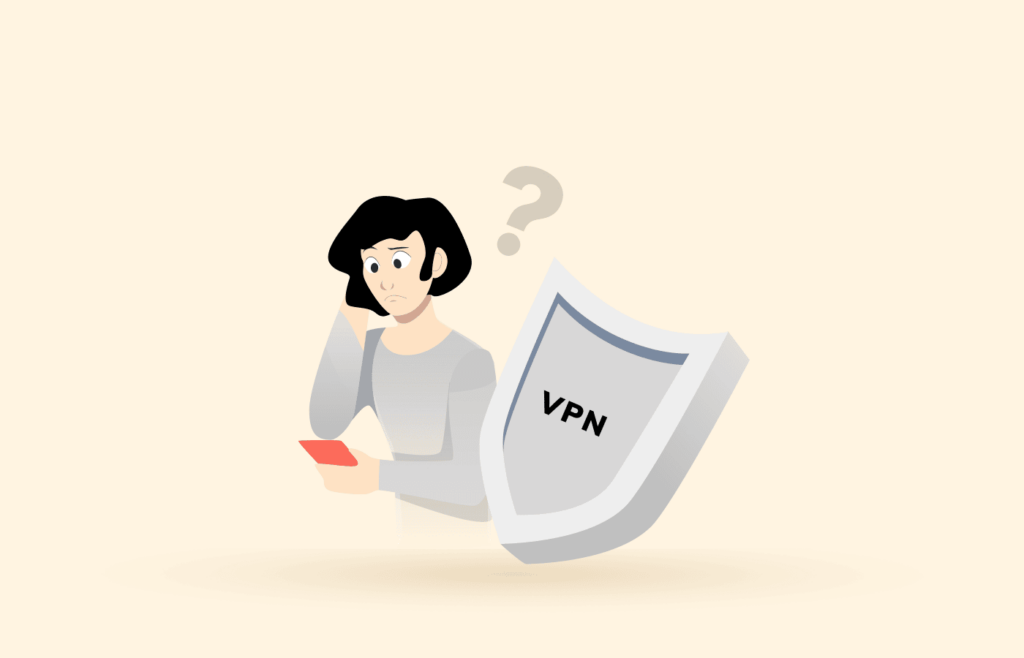
1. Hola
Hola inexplicably boasts more than 150 million users worldwide. We hope you are not among them but read this section carefully if you are.

Hola is a name that pops out frequently when searching for free VPNs that will unblock Netflix for you.
The bitter truth about Hola is that it’s not a VPN at all. Instead, it’s nothing but a glorified proxy server and a problematic one on top of everything.
This network doesn’t only collect and sells your logs. It also hijacks your bandwidth so they can sell it to their other clients –those that pay.
Hola has dismissed the allegations about their worst behavior as bugs exploited by malicious users and no longer an issue. But the proof remains in the pudding. So first, read the service’s fine print. Once you do, you’ll be skeptical about Hola’s quality in the best-case scenario.
There’s only one word we can have for Hola — adiós.
2. Opera VPN
The Opera VPN is embedded within the Opera Browser. So, if you have it, you can “enjoy” the secure connection it provides you immediately. Nothing to install, configure or tweak.
Your first thought could be that Opera does this to add value to its web browser and promote adoption among the general user population. You’d be correct, but only partially.
The thing with Opera is that it sells user information logs as much as the other free VPNs out there. And the company is quite honest about it: it’s right there in their privacy policy. The text informs that Opera will share your user information with other parties and that you permit them to track you online using the browser.
Are you seeing a pattern emerging so far? None of the VPNs in our list hide what they do. So the problem is not with them. But as long as nobody reads privacy policies before jumping into a free VPN, the potential victims keep falling like flies.
3. Betternet
Betternet has 38 million users, most of whom have no idea what the company does to their information. However, we can’t blame Betternet for that. It is relatively transparent about the business model they practice. They tell their users they make money by displaying videos and ads and tracking and logging user information with advertiser cookies and sponsored apps.
Betternet’s monetization methods are pretty standard within the free VPN market. However, Betternet is probably the most extensive tracking library in that universe.
4. Onavo Protect
Onavo was Facebook’s free VPN service on the surface. But, in reality, it was Facebook’s data mining project, created to gather a massive pool of data for marketing and ads. As if that wasn’t enough, Facebook also monetized the service through ad display and selling its logs to even more third parties.
5. ZPN
Maybe you haven’t heard about ZPN yet, but it has eight million active users. This provider gives you 10 GB of traffic, much more than most free VPNs.
ZPN shares your logs with their affiliated companies, as informed in the privacy policy. Also, the free version has many limitations to encourage free users to upgrade to one of the paid plans.
6. FlinchVPN
FlinchVPN is one of the least terrible free VPNs that sell your information. It enjoys a much better reputation as it restricts some features of its free service and offers advanced features like bypassing VPN blocks, port forwarding, SOCKS5 proxy, and OpenVPN support.
However, FlinchVPN shares your information with other parties, including your IP address.
7. Psiphon
Psiphon’s history dates back to 2008. That is like the Jurassic era in the VPNverse. Their free VPN has been running for over a decade by selling logs to third parties. Psiphon is a master at its craft, and it makes millions with it.
8. TouchVPN
In a market where bad reputations are the rule, ToucnVPN’s is even worse. It’s known for injecting ad cookies, tracking pixels, and web beacons into browsers. However, they are transparent about their practices in the privacy policy, so we can’t blame them for acting as they say they will. The policy states that their dubious practices are intended to improve the service. But there’s no reason they shouldn’t sell their data to any third party wanting to buy it.
And we have not told you the worst yet. Here are the three reasons that make TouchVPN one of the worst VPNs out there:
- It’s based in the US, home of the notorious “Five Eyes Alliance.” This privacy nightmare includes the US and four other countries whose governments have a penchant for intensive domestic surveillance.
- It doesn’t work with Netflix or with BitTorrent.
- It’s fraught with DNS leaks.
Best premium VPNs vs. free VPNs
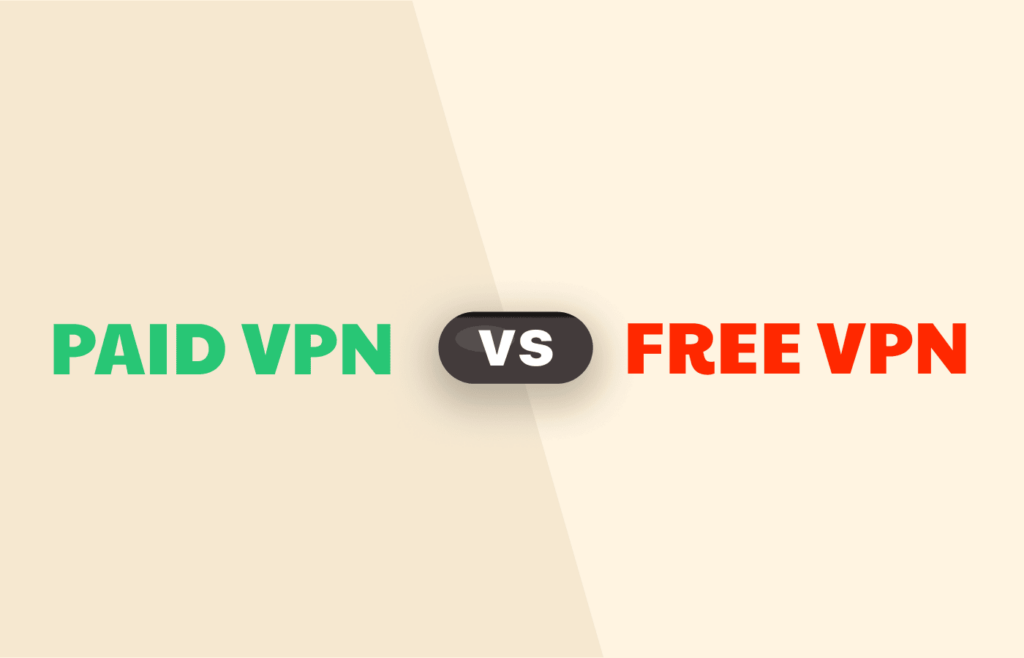
So now you know how free VPNs make a buck. They turn your privacy into a commodity they can sell to advertisers, marketers, and even hackers when they can afford it. Therefore, keeping yourself safe and anonymous on the internet and using free VPNs are mutually exclusive options.
So, what should you do if you want to be safe and protect your privacy online? Well, the answer remains that what you need is a VPN. However, it is not a free one but one of the industry’s top-notch services. And yes, they cost money. Paying for the power, and the crew that can manage a fleet of thousands of servers distributed over fifty countries worldwide costs money. But would you instead contribute to those costs with a few dollars monthly or lose your privacy altogether?
So, what are the differences between free VPNs and excellent VPNs?
- The best VPNs in the industry are in the business of protecting you, for real. The free ones are in the business of data collecting; their VPNs are just the fishing nets they use to gather the data they need to sell.
- Good VPNs use the best encryption and tunneling protocols available. Encryption is AES-256 in most of them, and they have OpenVPN or WireGuard available.
- Paid VPNs do not cap your bandwidth or speeds.
- Paid VPNs’ server networks are more significant and include more countries, which gives you more options.
Those advantages are just the tip of the iceberg as they go to the essential things VPNs do. The best VPNs offer so many additional features that they become helpful in many more ways than just security –not that security isn’t enough.
Which VPNs keep my data private?
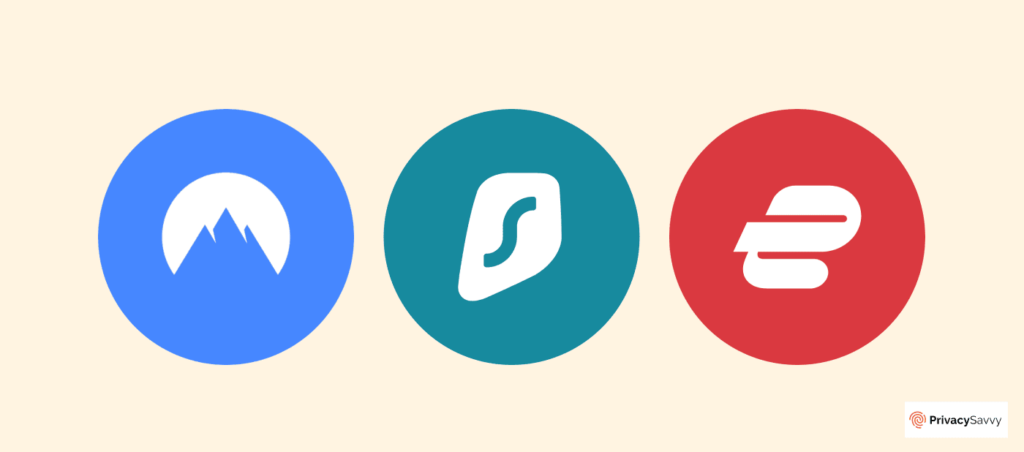
Many premium VPNs will not sell your data and strive to protect your privacy. Here are a few of them:
